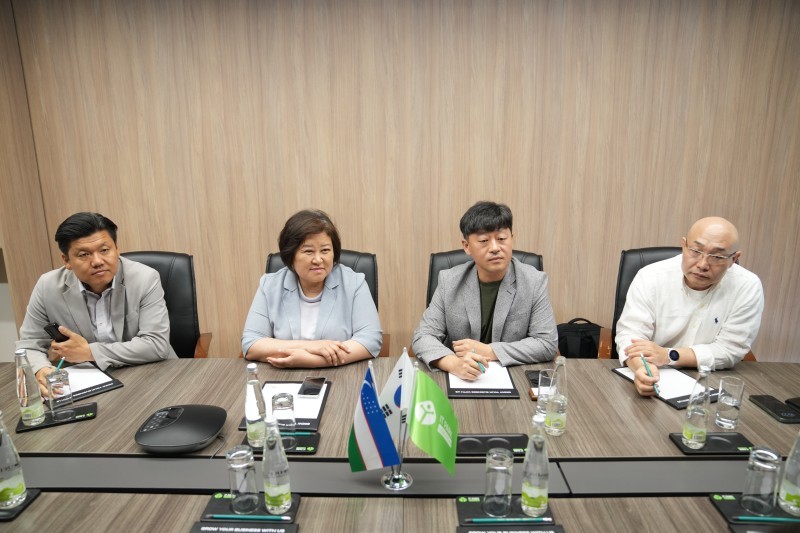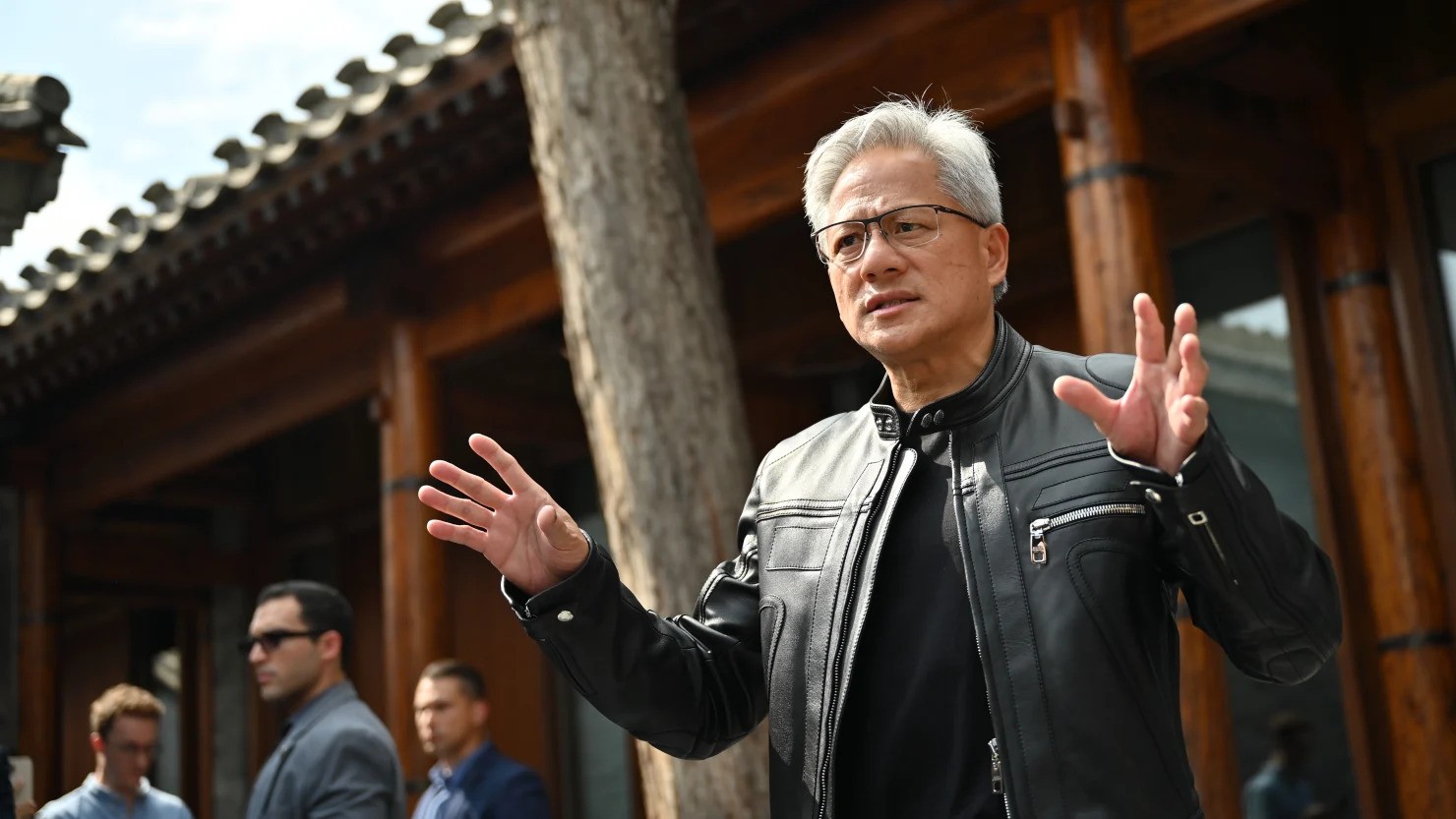In the face of continued export restrictions on the supply of high-performance chips, Chinese technology companies are stepping up work on creating their own solutions in the field of artificial intelligence. This strategy is aimed at reducing dependence on American manufacturers, primarily Nvidia, whose GPUs are among the key components in modern AI systems.
Companies such as Huawei, Baidu, Alibaba, and other leaders in the Chinese tech sector are ramping up investment in developing their own AI chips, architectures, and computing platforms. In particular, Huawei is promoting its Ascend processor line, while Baidu continues to develop the Kunlun architecture for machine learning and big data analytics.
Chinese government agencies actively support these initiatives. Subsidy programs, research grants, and encouraging collaboration between universities, research institutes, and industrial enterprises have become part of the national strategy for technological sovereignty in critical industries.
According to industry experts, these efforts are already bearing fruit. China is not only increasing the volume of domestic development, but also gradually forming a closed ecosystem for the development of AI-from basic science to mass production of specialized chips and software. However, experts emphasize that achieving full technological parity with the world's leading players, such as Nvidia, will require time, resources and sustainable access to high-tech infrastructure.
Despite the challenges associated with sanctions, China sees the current situation not as a threat, but as an opportunity to accelerate the development of its own AI sector. In the long run, this may lead to a redistribution of influence in the global AI industry and strengthen China's position as a global technology center.












